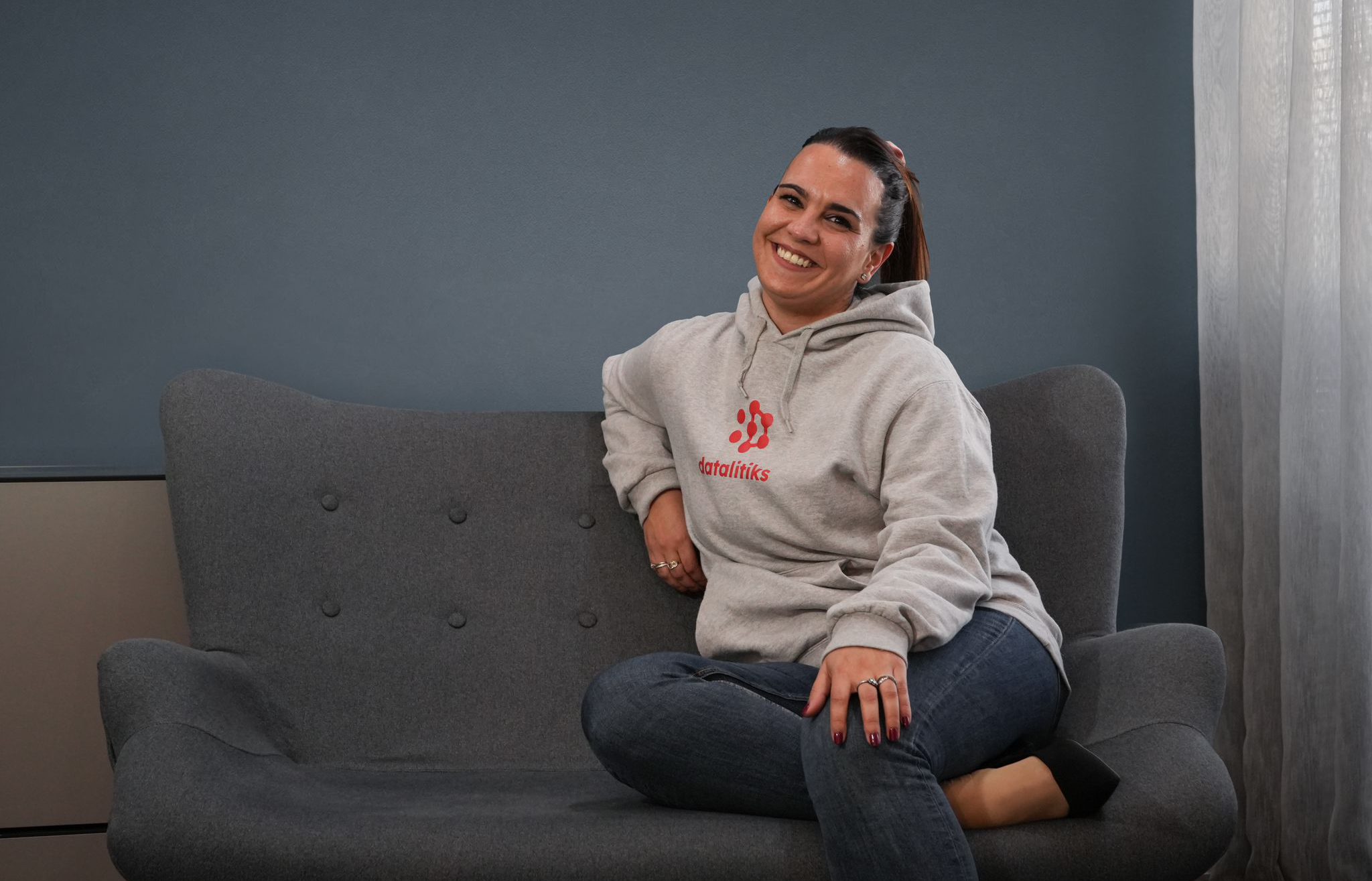Ana Rubio, CEO and Founder of datalitiks, on Tuesday stated that the lack of a standardised process when it comes to sustainability reporting has resulted in increased bureaucracy, further hindering its adoption.
Her comments came after the Legal Affairs Committee of European Parliament gave the green light for the proposal of a two-year delay for the full enactment of the Corporate Sustainable Reporting Directive (CSRD). The CSRD is a method of standardisation to compare and contrast the actions of businesses, setting criteria meant to put them on the path towards net zero global impact and to provide greater contributions to social causes. It also required large non-EU companies operating in the EU to provide sustainability reporting. The second set of rules, initially set to be implemented this year, affects sector-specific measurements.
The first set of rules were adopted by the European Commission in 2023, and under the new proposal, the new rules would be adopted in 2026, with the aim of allowing companies to focus on implementing the first set of rules and to limit reporting requirements. Following the vote, the proposal will now move for approval by European Parliament plenary to form its negotiating position with EU Council.
Ms Rubio, who leads environmental, social and governance (ESG) reporting start-up datalitiks and who has a strong background in data science and analytics, said that despite these pushbacks, she and others in the space will “keep pushing forward”. This will be done with the aim of helping organisations measure their sustainability impacts and simplifying the complexity to amplify the effects.
She remarked that these delays are “not surprising” and they will most likely continue in the future, particularly due to a “lack of a standardised process” and “different priorities.”
“Adopting a reporting method that adds a layer of bureaucracy without offering a straightforward way to measure outcomes makes it difficult for organisations to appreciate the value of measuring and reporting on their ESG efforts,” Ms Rubio explained.
Furthermore, companies outside Europe may feel “pressed” to report on sustainability even though they have “other immediate priorities.” In this respect, she related the situation to Abraham Maslow’s hierarchy of needs, whereby sustainability efforts tend to be tackled after basic needs are met.
“These needs may be different, and sustainability will likely become a focus only after foundational needs are satisfied,” she continued.
As a result, Ms Rubio questioned the EU’s approach to sustainability reporting.
“The lack of a standardised process, which has turned sustainability reporting into a bureaucratic procedure, hinders its adoption, treating it as an exercise that only a few companies can afford – a ‘nice to have’ rather than a necessity – which undermines the whole purpose of the exercise,” she explained.
She noted that instead of deferring the problem and “adding more layers to the process,” policymakers and stakeholders need to finds ways “how to dismantle these barriers.” The adoption of ESG measurement needs to be facilitated “regardless of a business’s size or turnover,” she stressed, and there also must be a shared understanding that adds value “not just to the business, but also to the triple bottom line of people, planet, and profit.”
Ms Rubio said that these obstacles and achieving widespread adoption can only be done through the use of technology.
“As we continue to face these setbacks, I will stay committed to advancing our case, using technology and data to lower these barriers. The move towards sustainability is about more than just complying with regulations, it’s about people,” she affirmed. Ms Rubio proceeded to point out that these decisions affect the 55 per cent of conscious consumers who choose products and services that positively impact the bottom line, and the 70 per cent of employees at purpose-driven companies who are committed to sustainability.
Featured Image:
datalitiks CEO and Founder Ana Rubio
Fiorentina D’Amore appointed to lead Blockchain.com’s Malta and EU operations
She has over 25 years’ experience in finance.
‘Financial education must come before distribution,’ Money Coach says in response to Budget 2026
He calls for a stronger national focus on financial education, arguing that new measures will only be truly effective if ...
Turning difficult conversations into growth opportunities
Leaning into discomfort to build trust, connection, and growth.
MCA CEO Jesmond Bugeja: ‘2024 was a landmark year’ as authority steps up digital oversight
The MCA took on broader responsibilities in digital services governance while continuing to steer the communications sector through evolving market ...









